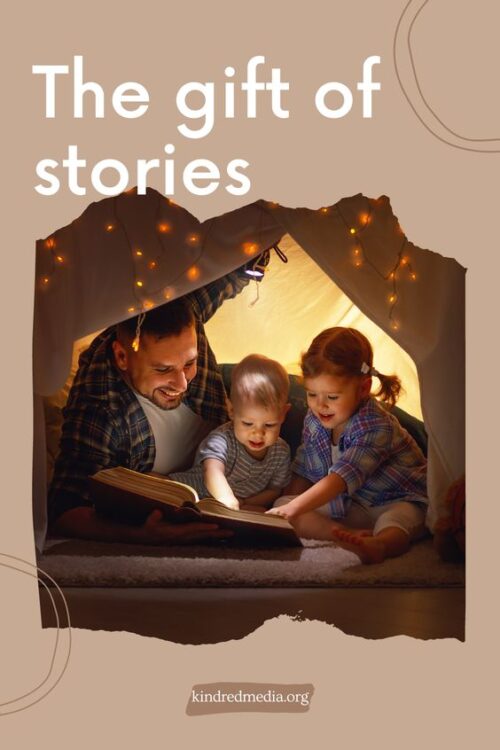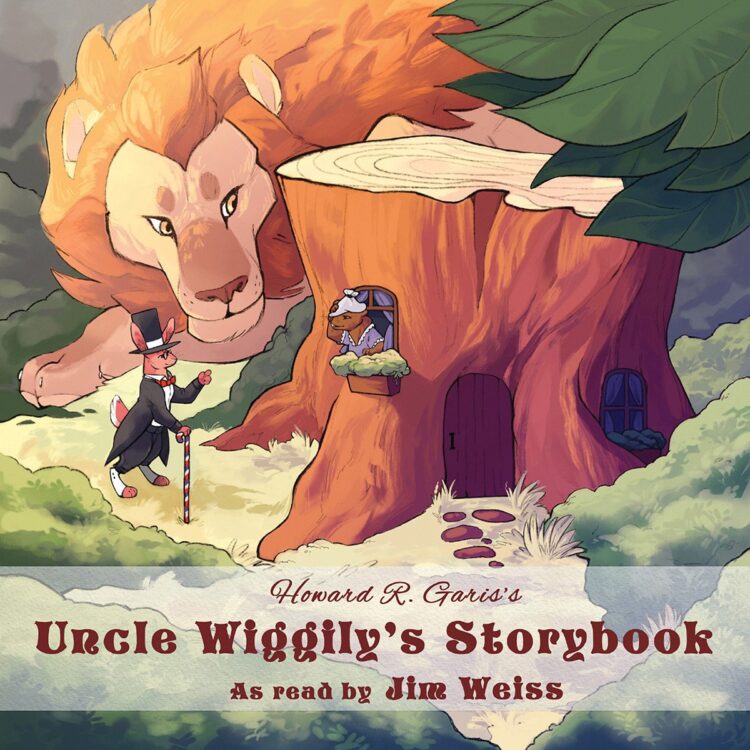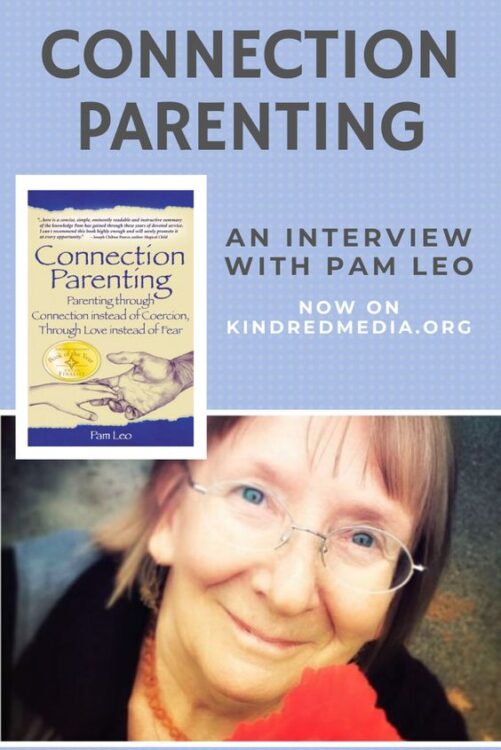“Every family has a story, and every family member needs to know what that story is.” – Kristine Manley
Warning! Too much togetherness can cause loss of family connection. The fact that family members have been living, working and schooling under the same roof, for months on end, is no guarantee that family members are feeling emotionally connected. As we face many more months of social isolation due to Covid-19, while having so many of our customary ways of connecting taken from us, it is imperative that we create other ways to maintain our vital family connections.
Each family member spending evenings on their own screen is not a recipe for connection or well being. Besides using screens for our jobs, schooling, entertainment and communication, we may also be using it to find space away from each other. Contrary to the rule most of us grew up with – work first, then play – we have to learn that it’s more important right now to play first, then work. When children’s emotional needs are met by having connection time with their parents, they are ready to just “go play.”
Parents and children need both connection time and alone time. If we are intentional about it we can create ways to have both. We can have the vital together time to connect as a family and the sanctuary of the “wool gathering” alone time to restore ourselves. Wool gathering is an expression we don’t hear much anymore. “Indulging in daydreaming“ is the best definition I have found of this old expression. We need wool gathering time at every age. We need time to think our thoughts and dream our dreams. We also need shared experiences that connect us.
There was a time, before the internet, television, radio and electricity, when families gathered around the hearth for storytelling. We can’t go back to those days but we can bring back the means to recreate the connecting effect of gathering for storytelling. It’s time to bring back family story time. The shared experience of listening to good stories together strengthens the parent-child bond. Recent research has shown that when children hear their family’s stories they get the additional benefit of the strength that comes from feeling part of something bigger than themselves.
I recently read an article about how CDs are making a comeback. In my life, they never left. I listen to audiobooks on CDs in my car everyday and I own multiple portable CD players. Whether you dust off your old CD player, find a used one at Goodwill, buy a new one online or wait in line at Walmart, you can recreate the way of connecting that has served families since our caveman days. Sharing stories connects our hearts.
Having a portable CD player (or two) opens up all kinds of possibilities for both family and individual story times. We can bring it to the kitchen and share a story while we prepare or clean up after dinner. We can bring it to the living room for family story hour each night. Once the children are ready for bed, they can have individual CD story time, while parents have some grown up time (alone or together).They can return to read a goodnight story.
If listening to audiobooks will be new to your family, you will want to introduce them with the very best stories and storytellers. These are the ones our family loves:
- For preschool listeners, it’s Uncle Wiggley’s Storybook – the Jim Weiss Collection.
- For ages 5 through 10, The Gooney Bird Collection, the whole family will love this hilarious character.
- And for ages 10 to adult, I recommend the enchanting Inkheart Trilogy.
Audiobooks are like having an extra adult to help out. I am highly recommending them because they meet two very real needs we’ve grown used to meeting in other ways. They provide the opportunity for families to connect at home through the shared experience of listening to stories together, and they can create the space for parents and children to have the alone time that has become such a challenge to find with so many families working and schooling ?at home.
The research I read on the importance of telling our children their family stories is exciting new information to me and I’m loving learning all I can about the great value of sharing family stories with our children and grandchildren. Author, Bruce Feiler wrote ”…how well children know their family history is the best single indicator of children’s emotional health and happiness.” – Bruce Feiler
Thus, the featured book and/or audiobook for this article is, The Secrets of Happy Families, by Bruce Feiler.
Let’s make telling our children their family stories of successes, courage, fears, failures and triumphs the silver-lining antidote to the emotional dama




